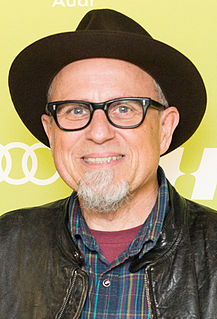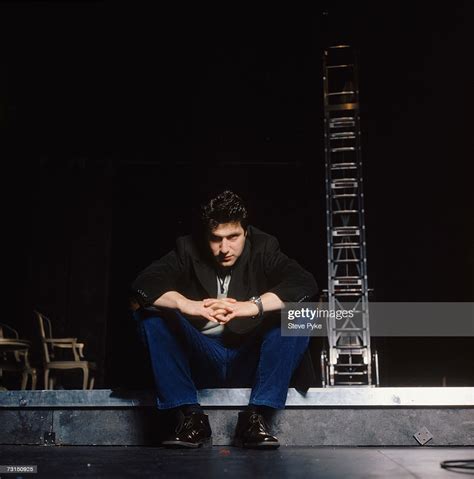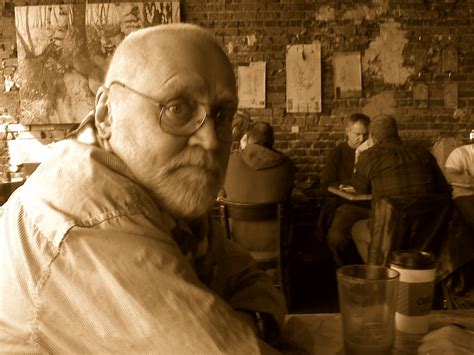A Quote by Jason Reitman
I'd done table reads for my own screenplays, and I always thought they were so much fun. Why couldn't we do these for other classic screenplays and bring them to life? You can experience live theater, where you get to see plays produced by different directors and different casts, but there's really nothing like that for movie scripts.
Related Quotes
Being known as a writer did change the relationships I had with directors. The rap on actors is that they always want to inflate their parts. But when directors know you write screenplays and have a different view of things, you really get invited into the huddle in a much fuller way. And those collaborations end in friendships.
What we really need to be open to is diversity itself, especially in a business environment. What you want is a plethora of ideas; you want people with different life experience, people with different work experience, people from different cultures to bring something to the table that you otherwise based on your own coming up, you yourself wouldn't have thought of.
A lot of what I've had produced are plays, and I just don't want to do that. It's different than a movie, where you only have to act the scenes the one time, and you have other collaborators helping you make it better, so you don't feel as obsessed with your own mind. Plays you have to do every single night, and the thought of that is agony to me. There are days when you hate your own work, and you don't want to be confronted with that, have it coming out of your mouth or listening to somebody else say it to you. There are days you want to leave the theater and get a drink.
Most directors, I discovered, need to be convinced that the screenplay they're going to direct has something to do with them. And this is a tricky thing if you write screenplays where women have parts that are equal to or greater than the male part. And I thought, 'Why am I out there looking for directors?'—because you look at a list of directors, it's all boys. It certainly was when I started as a screenwriter. So I thought, 'I'm just gonna become a director and that'll make it easier.'
I've had a real lucky time working in Hollywood. I've talked to other screenwriters, and they're all kind of beaten down and their spirits are crushed, because they work on these screenplays and these projects, and then directors either take them and change everything, rewrite them and make them worse, or they film them and they're nothing like how they imagined it to be.
I have completed and uncompleted screenplays, but they both fall into the category of “unsold.” I've seen quite a few movies where the screenplays seemed to be in the “uncompleted” category yet still got sold and made into movies, so I generally refer too all screenplays as “sold” or “unsold.” But that's just my own filing system.





































